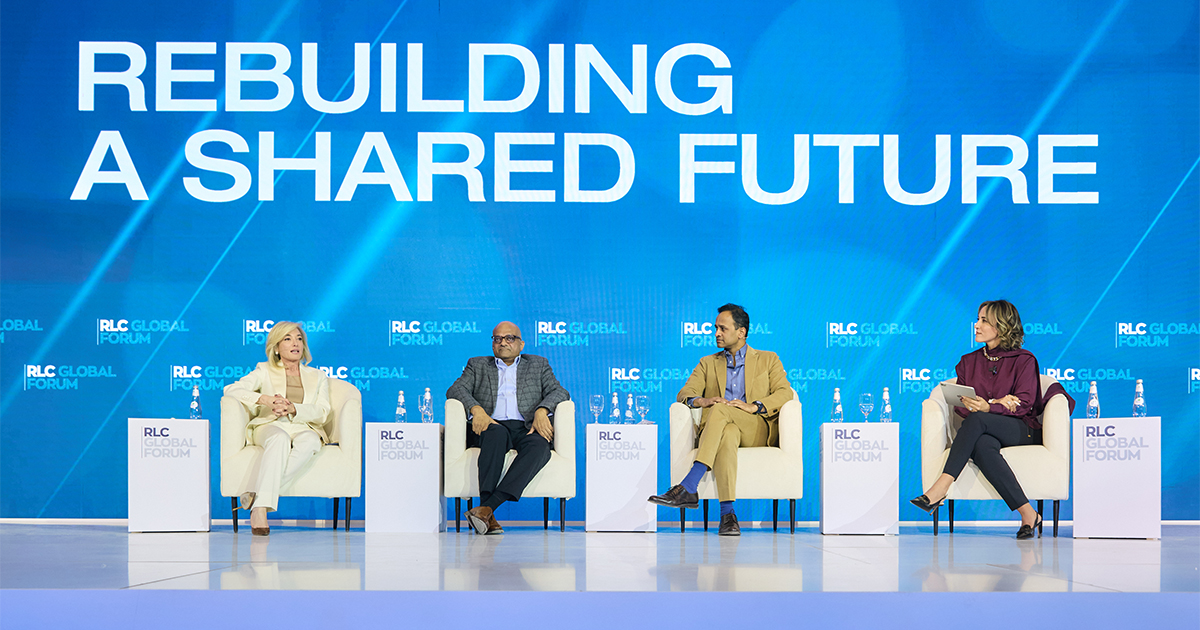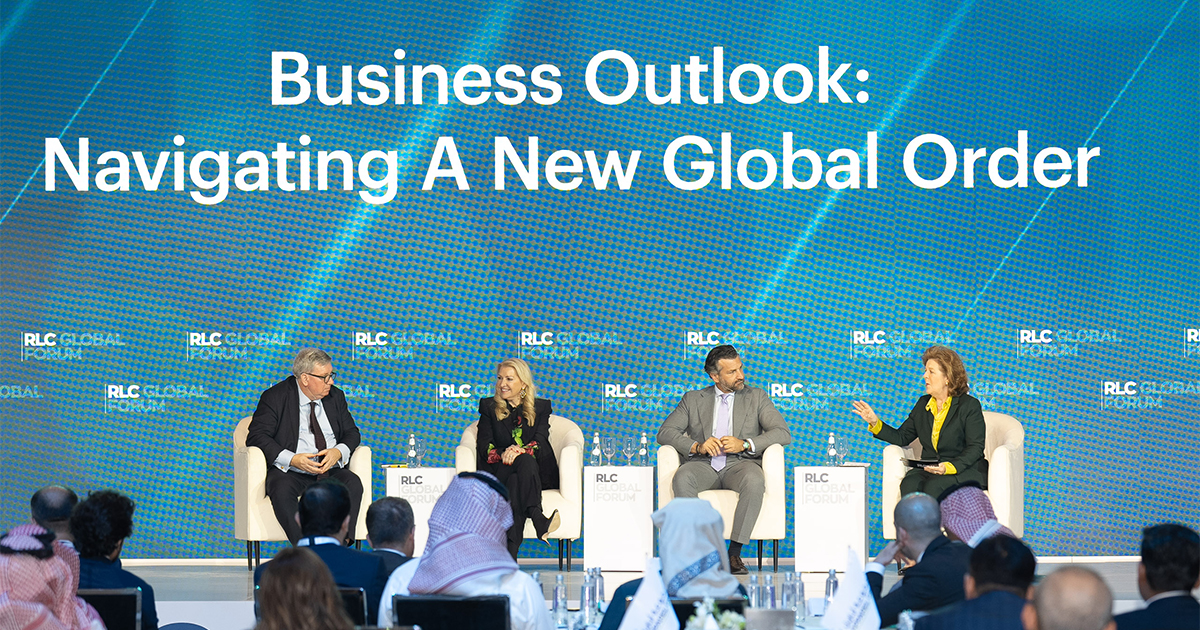For sustainability to become truly impactful, it must be embedded into every aspect of a business’s operations, not treated as an isolated initiative. This was a key discussion point in the “Business of Sustainability” session at the 2025 RLC Global Forum, where Federica Marchionni (CEO, Global Fashion Agenda), Rajesh Garg (Group Chief Financial Officer, Landmark Group), and Vikram Natarajan (CEO, Kayanee)—moderated by Lynn Al Khatib (Executive Coach and Vice President of Communications, Chalhoub Group)—explored how companies can move from aspirational goals to measurable outcomes. Sustainability isn’t just about reducing harm; it must actively drive positive impact. One key approach is carbon accounting, which provides a clear picture of a company’s environmental footprint. Energy efficiency is another critical focus, with businesses investing in renewable energy, store energy optimization, and sustainable logistics to cut emissions while lowering long-term operational costs.
Sustainability goes beyond energy. It extends into product design, sourcing, and supply chain transparency. Many companies are working closely with thousands of suppliers to ensure that sustainable practices are embedded at every stage—from raw material sourcing to product manufacturing. This includes using certified eco-friendly dyes, recycled materials, and ethical labor practices, ensuring that sustainability is integrated into the DNA of product creation rather than being an afterthought.
The modern consumer is more informed and increasingly values sustainability as a key purchasing factor. Studies show that customers are willing to switch brands—or pay a premium—for products that are ethically sourced and environmentally responsible. However, this shift requires retailers to do more than just offer sustainable options; they must also educate consumers about why these choices matter. One of the most significant trends in sustainability is circular fashion and take-back programs, which allow customers to return used products for recycling or resale. In markets like Europe, this concept is already well established, but in the Middle East, it is still in its early stages
Sustainability transformation starts at the top. Leaders must set the tone, vision, and strategic direction to ensure that sustainability becomes a core business function rather than a separate corporate responsibility initiative. The best-performing organizations recognize that sustainability is everyone’s responsibility, not just the domain of a single team. Some companies have embedded sustainability into every department, appointing sustainability champions across functions like procurement, operations, and marketing.
One of the biggest environmental challenges in fashion and retail is overproduction. AI-powered demand prediction is helping companies produce only what is needed, reducing surplus inventory and minimizing environmental impact. AI is also enhancing supply chain visibility. With the ability to track materials from source to sale, companies can ensure compliance with ethical sourcing standards, identify inefficiencies, and implement sustainable practices at every stage. This level of transparency builds consumer trust and aligns brands with global sustainability regulations that are becoming stricter by the year.
“Sustainability is no longer an optional investment, it’s a fundamental shift in how we operate. The real challenge is not whether businesses should go green, but how quickly they can adapt to a future where sustainability is non-negotiable.”
– Rajesh Garg







